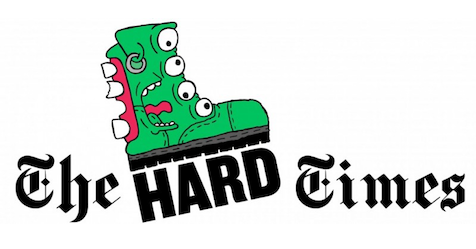NEW YORK — Beau Willimon, showrunner for “House of Cards,” said he is sorry for creating a show with such an optimistic view of U.S. politics, and he regrets not exposing the true amoral underbelly of D.C., cynical sources confirmed.
“Yeah, we really fucked up when we created the show. I wanted it to be a gritty allegory about the lengths that the powerful elite will go to in order to gain more power, but having learned more about how D.C. really works, we basically made a political version of ‘Ted Lasso,’” said Willimon. “Remember that ‘Schoolhouse Rock’ cartoon with the song about how a bill becomes a law? That’s pretty much what I see when I watch any of the episodes of the show now.”
Some fans of the show agree with Willimon but seem to think the optimistic tone is a good thing.
“I like to go back and watch the whole series every once in a while. I don’t know, it just fills me with a sense of hope of what our government could be,” said “House of Cards” fan Mike Herbert. “You know how a lot of people will go back and watch ‘The Office’ or ‘Friends’ as a sort of ‘comfort food’ show? ‘House of Cards’ is that for me. I think people in Washington should watch this show and learn a thing or two about how they could actually improve politics… or at very least learn how to accomplish even one thing.”
When compared to his day-to-day “work” political operative Ron Maurier referred to “House of Cards” as “quaint.”
“I like to get all my D.C. insider and lobbyist friends together to watch it and laugh ourselves silly about how innocent it all seems. The only realistic thing that happens is when Frank Underwood pushes Kate Mara’s character onto the train tracks,” said Maurier while using an intern as a chair. “But come on, one pesky reporter dies? Those are rookie numbers. If I had a nickel for every time an elected official shoved someone in front of a train or into a boat propeller, well, let’s just say I wouldn’t need to blackmail Chuck Grassley ever again.”
At press time, Willimon said he is developing a new sci-fi show that is a cautionary tale about the dangers of AI and how corporations could potentially start using it as a way of replacing the human workforce in his words, “some time in a distant, totally unrealistic future.”




